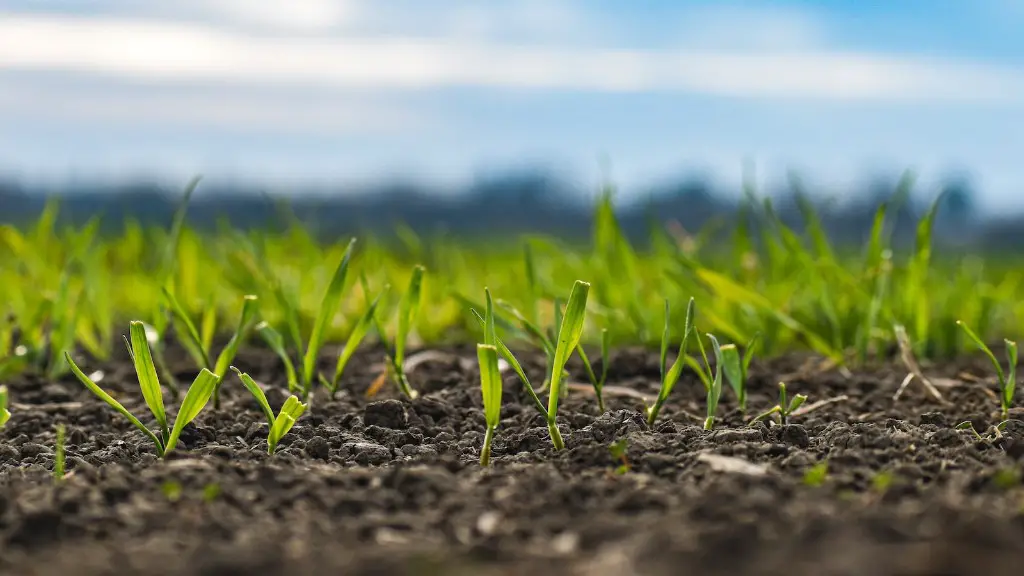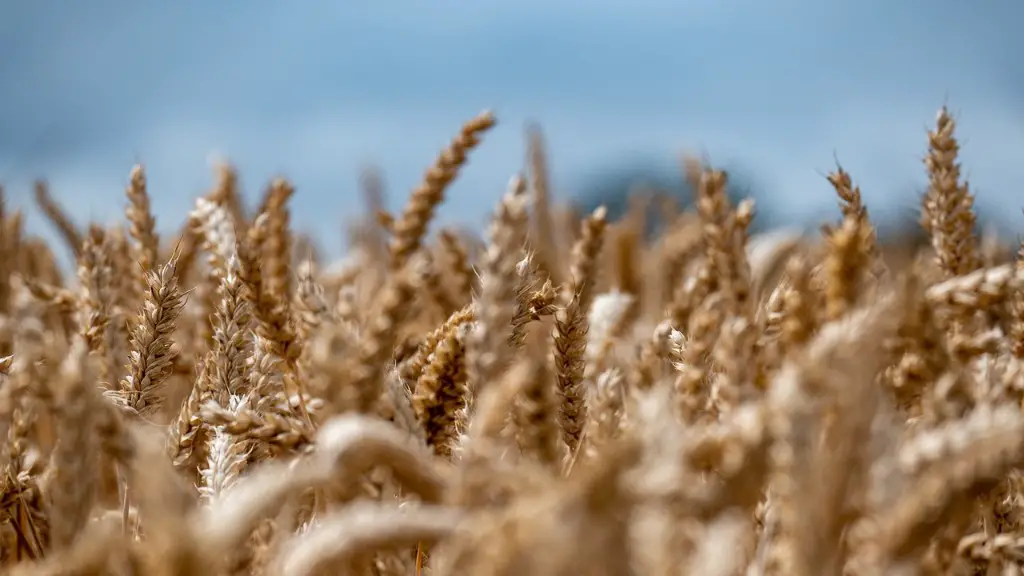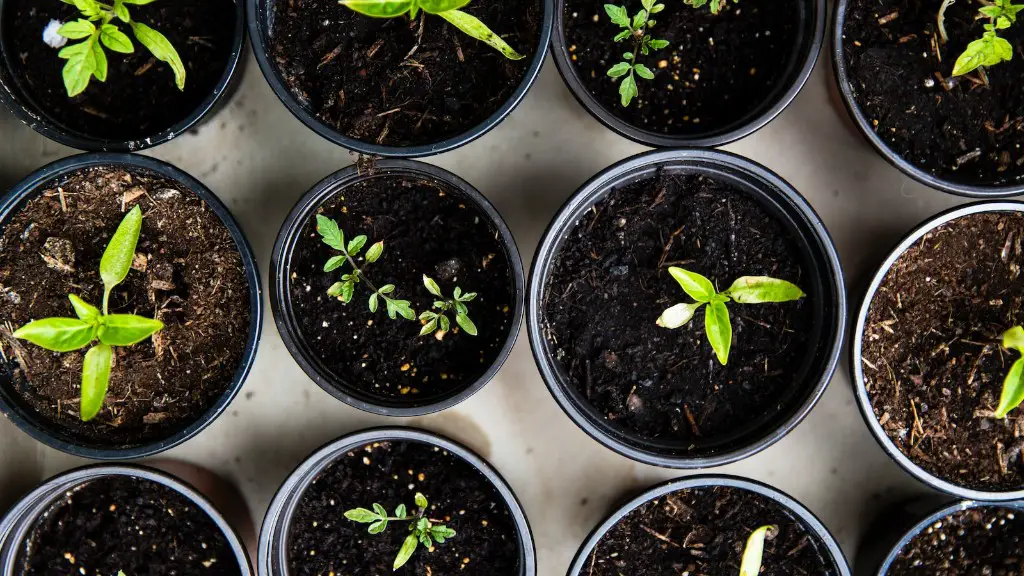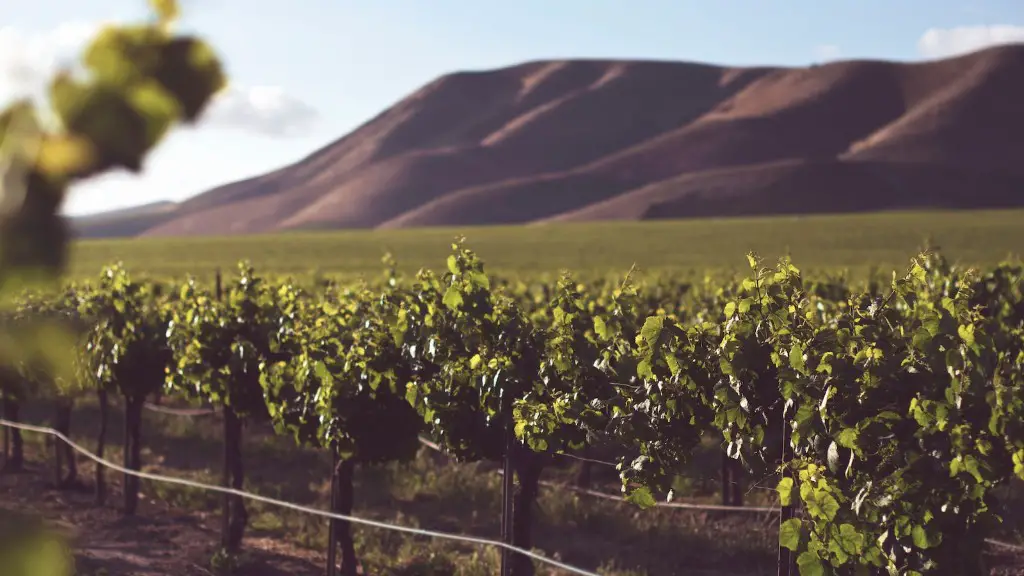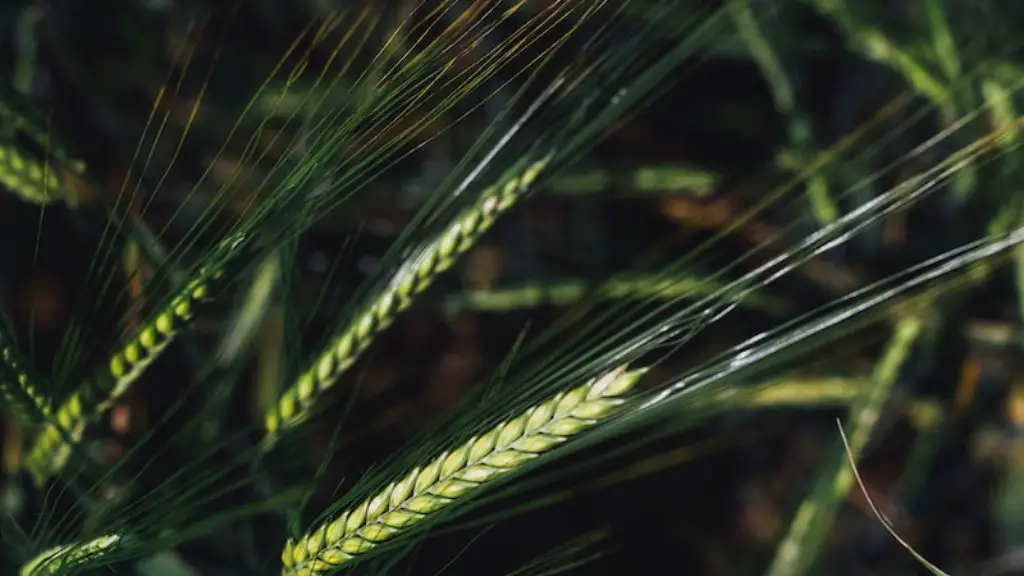Over the years, there has been a great debate among scholars as to why humans would give up foraging and adopt agriculture. Some believe that it was due to a change in climate, while others believe that it was due to a population increase. However, the most likely reason is that humans simply decided that they wanted to settle down and live in one place. Agriculture allowed them to do this, as it allowed them to produce their own food instead of having to constantly search for it.
The most likely reason why humans gave up foraging and adopted agriculture is that it was a more reliable and efficient way to obtain food. Agriculture allowed for humans to settle in one place and to produce larger quantities of food than they could by foraging. Agriculture also allowed for the development of civilizations and complex social structures.
Why did people shift from foraging to farming?
However, new research suggests that the real reason our ancestors started farming was to ward off diseases.
The theory goes that as our ancestors started living in closer quarters, they were more susceptible to diseases. By farming, they were able to produce their own food, which reduced their exposure to germs.
This theory is supported by the fact that many of the diseases we now associate with farming, such as malaria and typhus, didn’t exist until after farming was established.
So it seems that our ancestors didn’t start farming because it was more efficient, but because it was necessary to stay healthy.
There are a few reasons why people may have switched from foraging to farming. One reason is that they may have wanted a more settled way of life. Another reason is that their population may have been growing, and they needed a more reliable source of food. Finally, they may have had more abundance of food available to them, making farming a more attractive option.
Why did people around the world abandon foraging
The abandonment of foraging for agriculture was a turning point in human history. It allowed for the development of civilizations and the growth of cities. It also had a profound impact on the environment, as the clearing of land for farms led to the loss of forests and wildlife habitat.
The development of agricultural communities allowed humans to transition from a nomadic hunter-gatherer lifestyle to a more settled way of life. This change occurred approximately 10,000 years ago when humans began to domesticate plants and animals. By establishing domesticity, families and larger groups were able to build communities. This new way of life was more dependable and allowed for more stability and prosperity.
When did humans stop foraging?
Hunter-gatherer cultures are those that forage or hunt food from their environment. Often nomadic, this was the only way of life for humans until about 12,000 years ago when archaeologic studies show evidence of the emergence of agriculture.
Hunter-gatherers typically rely on a wide range of resources from their environment, including plant materials such as fruits, nuts, and leaves, as well as meat from animals. This way of life is often difficult, as it can be difficult to find enough food to sustain a group.
Despite the challenges, hunter-gatherer cultures have existed for thousands of years and continue to do so in some parts of the world today.
This transition allowed for the domestication of plants and animals, which led to the development of civilizations. The Neolithic Revolution is often credited for the advances in human society, as it allowed for the growth of cities and the rise of civilizations.
Did agriculture make life better?
When early humans began farming, they were able to produce enough food that they no longer had to migrate to their food source. This meant they could build permanent structures, and develop villages, towns, and eventually even cities. Closely connected to the rise of settled societies was an increase in population.
Archaeologists have long debated the origins of agriculture. It was once thought that the Neolithic represented an abrupt and purposeful agricultural revolution at about 12,000 years ago. However, new evidence suggests that it was a gradual process that started thousands of years earlier.
According to archaeologist Gregorics Stock, the Neolithic was not a sudden event, but rather a slow and gradual process. This new understanding is based on evidence from a variety of sites across Europe and the Middle East.
The Neolithic was a time when people began to domesticated plants and animals, and to live in more permanent settlements. This process did not happen overnight, but rather over the course of several thousands of years.
stock
What caused the agricultural revolution
The Industrial Revolution was a period of time in the 18th century when many new inventions and technologies were developed. One of the most important was the seed drill, invented by Jethro Tull. This allowed farmers to sew seeds in rows, which was much more efficient than scattering them by hand. The Industrial Revolution led to a shift towards industrialization, and the growth of cities.
This was a time of great change for humans as they transitioned from hunters and gatherers to farmers. Farming allowed for the production of more food than what could be eaten, leading to the development of surplus. The extra food provided by agriculture allowed some people to focus on other pursuits, leading to the growth of civilizations.
What are three reasons agriculture is important to humans?
Agriculture has been a key part of human societies for thousands of years, providing food, clothing, and shelter. It helps people to enjoy a higher quality of life by providing them with necessary resources. Agriculture also provides many jobs and opportunities for people around the world.
Farming has played a pivotal role in human history, by enabling people to grow all the food they need in one place. This has led to a massive population growth, creating cities and trade. Farming has allowed people to live in close proximity to each other, which has fostered the growth of cultures and societies.
Why did humans stop being nomadic
The invention of agriculture allowed people to cultivate food in one place instead of having to move around to find food. This led to more people becoming settled instead of living a nomadic lifestyle. Agriculture allowed for the development of civilizations and the growth of cities and towns. It also allowed for the growth of food surpluses, which allowed for the development of trade and commerce.
The shift to food production over the past few hundred years has been so prevalent that only a small minority of people have been able to subsist through foraging. However, this does not mean that hunter-gatherer societies are necessarily doomed to extinction. There are a number of factors that can contribute to the success or failure of hunter-gatherer societies, and with the right conditions, they can continue to thrive.
What impact does agriculture have on human society?
Agriculture impacts society in many ways, including:
1. Supporting livelihoods through food, habitat, and jobs: Agriculture provides food and habitat for people and animals, and creates jobs in the agricultural sector.
2. Providing raw materials for food and other products: Agriculture provides raw materials for food, fuel, and other products.
3. Building strong economies through trade: Agriculture is a major driver of economic growth and development, and plays a significant role in international trade.
The Neolithic Revolution, also known as the Agricultural Revolution, was a major turning point in human history. The transition from hunting and gathering to agriculture allowed for the domestication of plants and animals, which led to the rise of civilizations. The Fertile Crescent was the birthplace of this transition, and it quickly spread to other parts of the world. The Neolithic Revolution fundamentally changed the way humans lived and interacted with their environment.
Was the agricultural revolution easier than foraging
The Agricultural Revolution did not lead to a new era of easy living for farmers. In fact, their lives were generally more difficult and less satisfying than those of foragers. Hunter-gatherers spent their time in more stimulating and varied ways, and were less in danger of starvation and disease.
The agricultural revolution was a period of time when humans began to transition from hunting and gathering to agriculture as their primary source of food. This change affected humanity forever, as it led to the development of civilizations and the growth of cities and towns. The agricultural revolution allowed for the growth of population and the rise of new cultures and religions. It also had a profound impact on the environment, as the clearing of land for farming led to deforestation and soil erosion.
Conclusion
There are many reasons why humans might have given up foraging and adopted agriculture. One possibility is that the climate changed and the resources that were once available through foraging became scarce. Additionally, as human populations grew, it became more difficult to find enough food through foraging alone to support everyone. Agriculture allowed for a more reliable and efficient food supply, which would have been essential as populations continued to grow. Additionally, agriculture allowed for the domestication of plants and animals, which would have provided humans with new sources of food and other resources.
There are many reasons why humans might give up foraging and adopt agriculture. One reason is that it is easier to find food when it is grown in one place. Another reason is that humans can control the growing of crops, so they can have a more reliable food supply. Agriculture also allows humans to settle in one place, which can lead to the development of civilizations.
